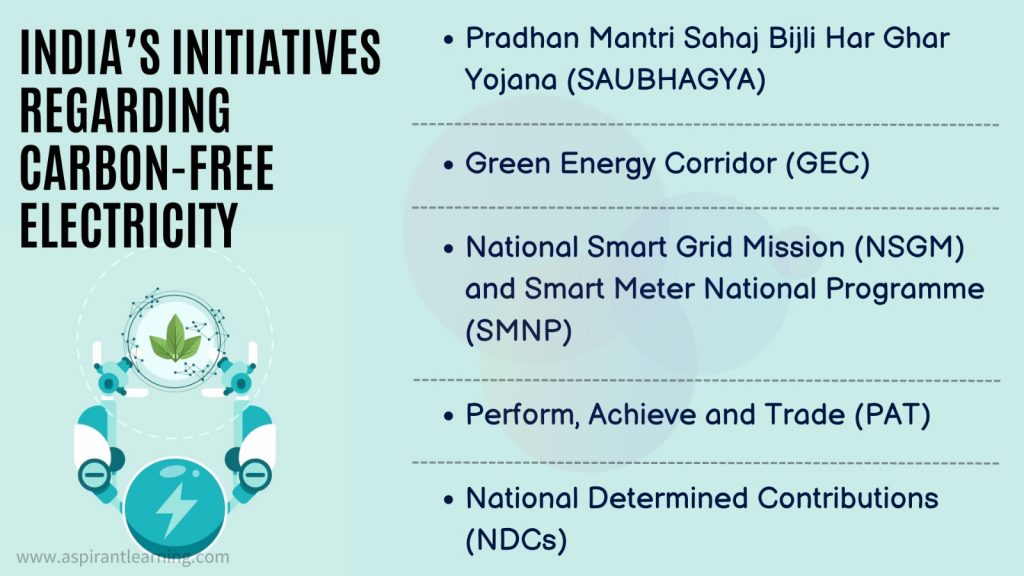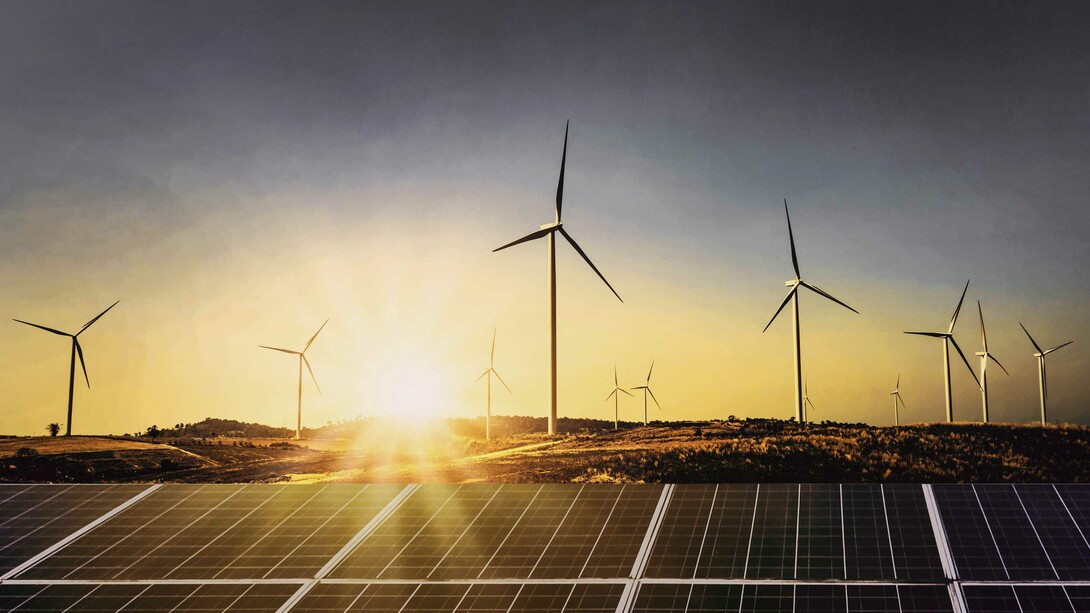News Highlight
G7 Ministers commit to carbon-free power by 2035.
Key Takeaway
- Climate and energy ministers and envoys from the Group of Seven (G7) countries committed to working towards carbon-free electricity production by 2035 and “accelerating” coal phase-out.
- The countries reached an agreement at the end of a two-day session in Sapporo, Japan, ahead of the G7 summit in Hiroshima in May.
- A suggestion to set a 2030 timeframe for coal phasing out was rejected.
- The final wording allows for continuing investment in gas because it may serve as a stopgap against energy shortages.
Carbon-Free Power By 2035
- Acceleration of renewable energy
- The countries agreed to increase solar and wind energy investments.
- It will generate 1,000 GW of solar power and 150 GW of wind power from off-shore platforms by 2030.
- This action is consistent with current Intergovernmental Panel on Climate Change (IPCC) publications.
- Its goal is to keep global temperatures from rising above 1.5°C above pre-industrial levels by the end of the century.
- Elimination of subsidies
- The countries agreed to phase out ineffective fossil fuel subsidies by 2025.
- As part of delivering on the Paris Agreement, it is critical to phase out inefficient fossil fuel subsidies.
- Removal of government support towards fossil-fuel-driven power
- Except for a few specified cases, the countries emphasised this.
- They are consistent with the Paris Agreement’s aims and a 1.5°C warming limit.
- By the end of 2021, they have ceased all new direct government assistance for unabated international thermal coal power generation.
- As well as public support for an unchecked international fossil fuel energy sector in 2022.
- By the end of 2023, each group will offer an update on their implementation strategy.
- The ministers have agreed to prioritise actions towards phasing out “unabated” coal power generation – plants that do not use technologies to catch and prevent emissions from escaping into the environment.
- The leaders emphasised reducing carbon emissions as soon as possible and achieving a “predominantly decarbonised power sector” by 2035.
Challenges
- Long Period
- The requirement that countries rely on clean energy “predominantly” by 2035 does not guarantee the complete elimination of fossil-fuel-fired power.
- It will consistently add pollution to the atmosphere.
- Continued reliance on coal
- A plan to phase out coal by 2030 was rejected, according to Reuters.
- The final text allows for further gas investment because it may be a stopgap remedy for an energy shortfall.
- Energy Transition for Japan
- It will be difficult for Japan, which relies on fossil fuels such as coal for over one-third of its energy needs.
- Japan is encouraging the adoption of “clean coal” technology.
- It collects carbon emissions and converts them into hydrogen, a fuel that emits only water when burned.
G7
- About
- The Group of Seven (G7) is an intergovernmental body comprised of seven major advanced economies:
- Canada, France, Germany, Italy, Japan, the UK, and the US.
- The G7, formerly the G8, was founded in 1975 as an informal conference of leaders from the world’s most advanced countries.
- The Group of Seven (G7) is an intergovernmental body comprised of seven major advanced economies:
- Objectives
- The fundamental goal of the G7 is to promote economic growth and stability among its member countries.
- It provides a forum for leaders to discuss shared concerns like trade, economic policy, and international security.
- In addition, the G7 seeks to encourage cooperation and coordination on topics such as climate change, poverty reduction, and global health.
- Significance
- Economic Powerhouses: The G7 countries have some of the world’s largest and most powerful economies, accounting for 40% of global GDP.
- They are among the world’s most powerful commercial nations, with enormous sway over global trade rules and regulations.
- Global Governance: The G7 is an essential global governance institution with significant influence over international organisations such as the UN and WTO.
- Its actions and choices have the potential to have a considerable impact on global economic and political stability.

Way Forward
- India attended the summit as a ‘guest’ as part of its G-20 leadership.
- Environment Minister Bhupendra Yadav stressed the need of industrialised countries contributing finance, technology, and aid to developing countries in their efforts to transition away from fossil fuels.
- The minister also emphasised that efforts to achieve carbon neutrality and enhanced ambition must prioritise equity and climate justice principles.
- The G7 countries contributed 40% of global economic activity and a quarter of global carbon emissions, making them vital in addressing the climate catastrophe.
- They must, however, also assist developing countries, which frequently face the most severe effects of climate change and have fewer resources to address them.
Pic Courtesy: Meer
Content Source: The Hindu



